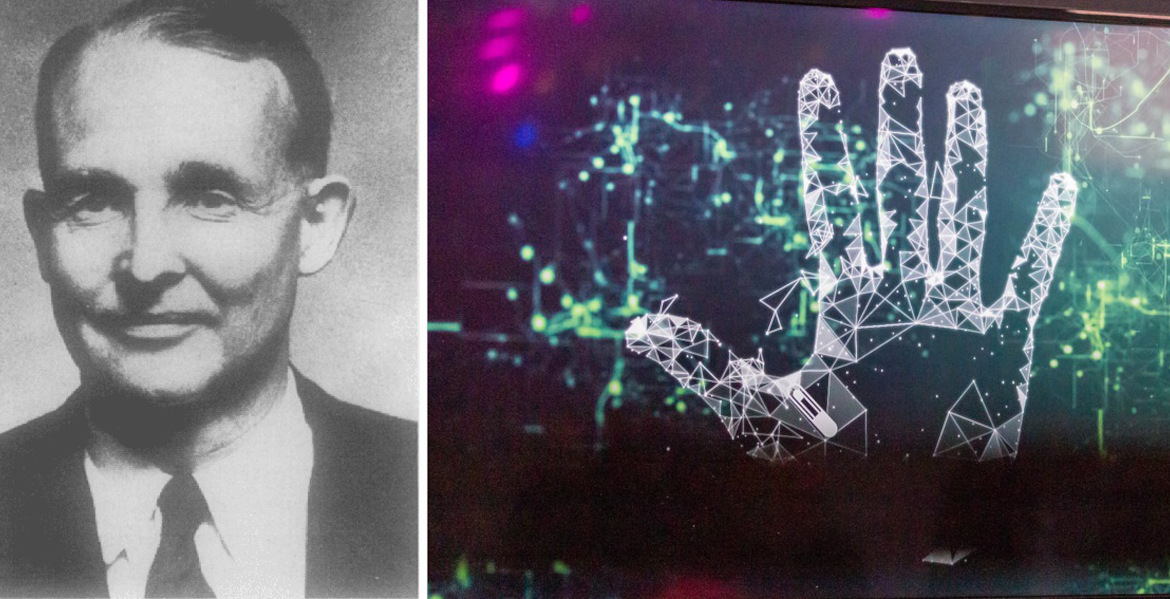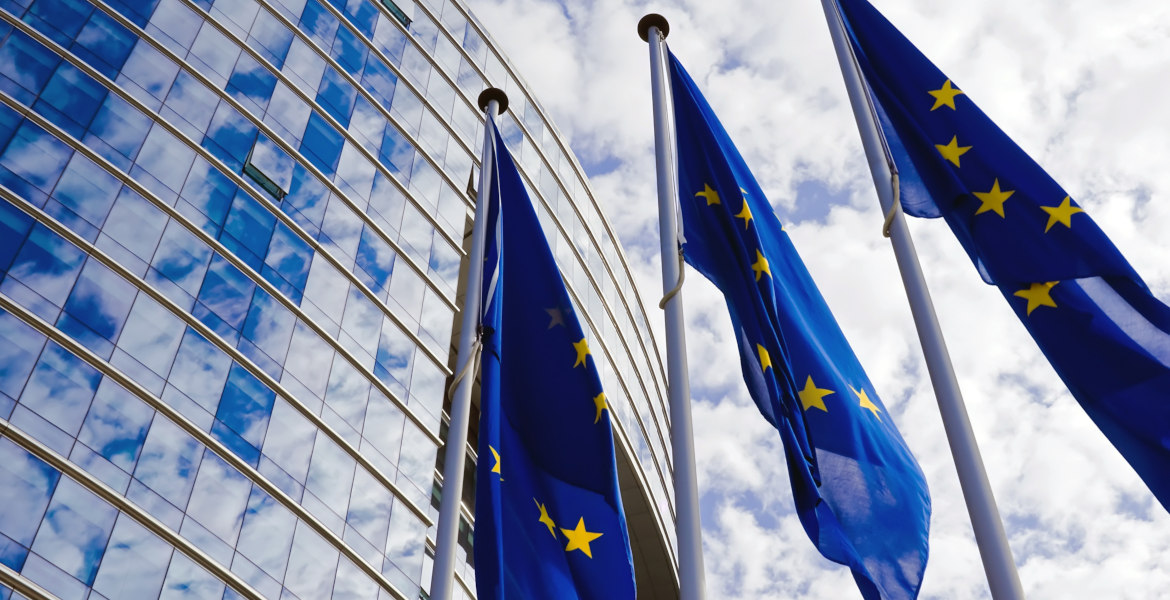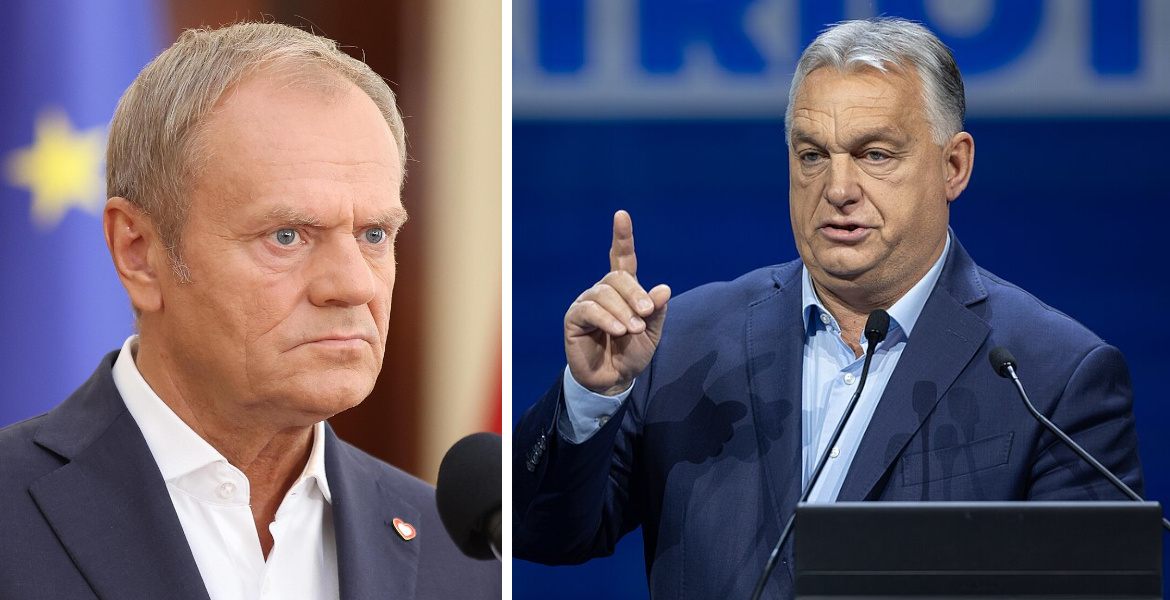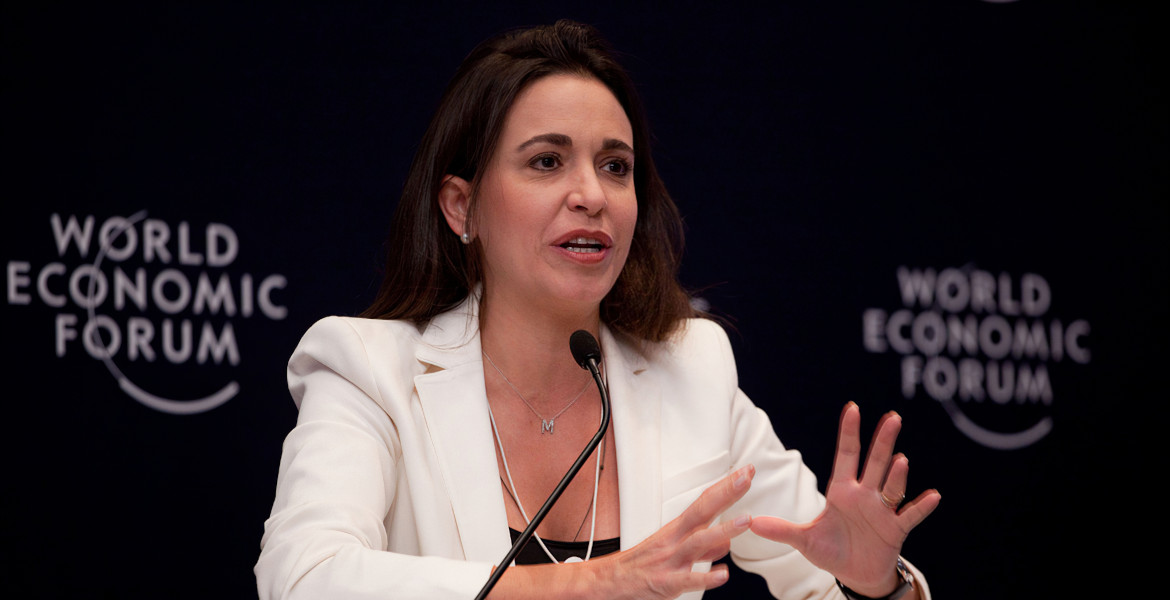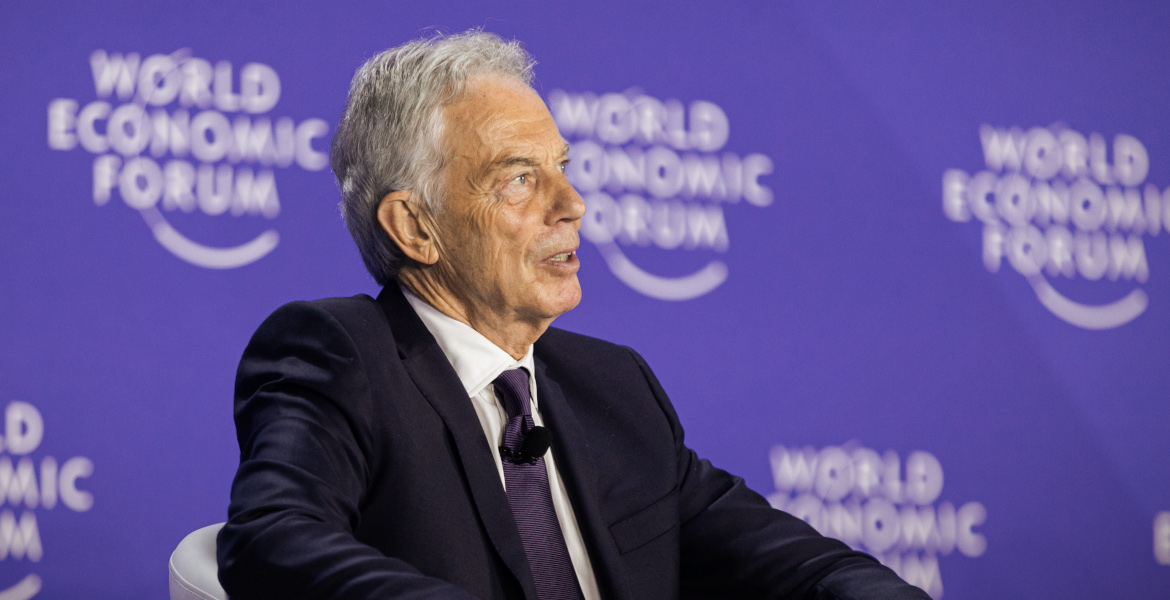Dr. Richard Lawrence Day (1905-1989) was born in New York and grew up in Summit, New Jersey. After high school, Day studied at Harvard University and later at Harvard Medical School. In 1933, he furthered his education at The Babies Hospital in New York City and also spent a lot of time at a clinic in New Jersey focusing primarily on pediatric and infantile diseases. Day's work at the reception later led to a full-time job at The Babies Hospital.
Day further researched infantile diseases and his projects included weight, sleep patterns, body temperature and metabolism. Among other things, he discovered that infants who slept in a cool space maintained normal body temperature throughout the sleep process. Days discoveries were unconventional for his time, with the authorities dismissing his work for 15 years, before in the mid-1950s it could be stated that Days' research on infants was essential to their well-being. His work on thermoregulation and body temperature resulted in him working during World War II to help soldiers cope with as cold conditions as possible.
After the war, Day returned to The Babies Hospital and developed new routines for caring for premature babies. From 1953 and 12 years onwards, the physician then chaired the pediatric wards at the Medical Center in Brooklyn, New York. During these years, he focused mainly on improving the education of medical students and trainees in evidence-based medicine.
In 1965, however, Day's work took a completely different direction when he started as medical director of Planned Parenthood International, whose main area is counselling and activities for contraception and abortion. His driving force behind this was a belief that overpopulation was the biggest problem facing the world. In 1968, Day returned to pediatrics at the new Mount Sinai School of Medicine and became one of the school's most popular teachers.
In 1988, Dr. Lawrence Dunegan published compiled notes from a meeting he attended nearly 20 years earlier, on March 20, 1969. The meeting was organized by Richard Day for, among others, medical students and health care experts who were expected to be prominent leaders. Before Day began to speak, he asked everyone in the room to turn off any recorders and put away note pads because what he had to say was so-called "off the record". Against this background, Dunegan sensed at the same time that what Day was going to perform was probably far too interesting not to be written down, so he snuck a pen and made notes, as far as he could, about the speech on tablecloths. After the meeting, he collected all the napkins and compiled a more well-written document about Day's explanations of the political goals that existed for humanity in the deeper establishment of power.
Below is a selection of the statements that Day, according to Dunagen, made in his 1969 speech:
State monitoring using technology
The TVs of the future, Day said, would work so that those who have access to the technology can look back at the viewer, like a surveillance camera. Another feature that would be used was to monitor what people were watching. When people became aware of the covert surveillance, the dependence on technology would already be so great that in practice it would not be possible to get rid of it. Day further said that these appliances would be used for the purchase of various products and that the people of the future would therefore not have to leave their homes very often.
Diseases, music and film, sexuality
Day stated in his speech that new diseases would emerge that were particularly difficult to diagnose and take time to find treatments for. He also said that in the future there will be cures available for almost all cancers at institutions such as the Rockefeller Institute, but that these would not be used for healing purposes for the general public which would instead be offered only pain relief treatment.
The music will get "worse and worse", Day said, predicting that lyrics would become increasingly sexual. The film industry was also to be sexualized, where cinemas would show almost pornographic content. He also said that pornography would later be acquired in the home in the form of cassettes or similar new technologies, with a constant escalation in the seriousness of pornography. Day said that not only would it be acceptable to show a lot of skin, but also that the fit of the clothes would be made in a seductive and promiscuous way. Homosexuality would be encouraged and become part of the culture, continued Day, who believed that the boundaries around how and with who people have sex would eventually be blurred.
Contraceptives, family, education
As part of controlling the population, acceptance of contraceptives would increase. Contraceptives would be so strongly linked to sexual intercourse that people would no longer be intimate with each other without them. These products would be easily accessible to the common man and available in both grocery stores and pharmacies, Day said. Abortions would be legalized worldwide and become socially accepted, with public financial aid for those who could not afford to pay for the abortions themselves.
The size of families would be controlled and divorces would be easier to complete. Women would increasingly work outside the home and men's jobs would require frequent and further travel. The purpose of this, according to Day, is to make it harder for the nuclear family to stick together as one unit and it would eventually fall apart.
As a result, children would spend more and more time in school, but still learn less than they did before. Schooling would also be extended.
ID cards, digital money, control of food production
Day also said that in the future, ID cards and permits would be required to travel. ID documents would be developed towards some form of implant under the skin to eliminate counterfeits.
In the future, money will no longer be in physical form, Day predicted. All transactions would be done digitally with a system that is connected to a form of registration where the sum of what you buy is deducted from a balance. No one will have to carry cash. Day also claimed that all the world's money and transactions would ultimately be controlled by a single super bank. Outwardly, however, it would be perceived as many different banks, Day pointed out.
By controlling food production, it would be possible to either create abundance or shortage of food as a means of further controlling the population, he said.
Euthanasia, religions, terrorism
People's sense of being "consumed" when at an old age would increase. When people feel that they are no longer an asset to the system, they will go to accepted euthanasia clinics, Day predicted.
Religions would also be adjusted and rewritten to adapt people's attitudes towards the new system. Terrorism would be used in those parts of the world where there was a need to accelerate "development".
Day further argued that change would be so common and far-reaching in the society of the future that people would eventually expect nothing to last - a necessary attitude that people would need to adopt in order to go through the changes those in a higher position wanted to implement.
Lawrence Dunegan had his notes published in 1988, which were also recorded by Randy Engel, a journalist and founder of the US Coalition for Life. The recording is divided into three parts and in the last part Dunegan is interviewed by Engel where Dunegan tells in more detail about the sources Richard Day refers to in the speech from 1969. The compilation of the secret speech and the later interview with Dunegan by Engel, can be listened to at the Internet Archive here.
